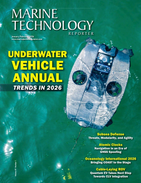50 Years from Now: Perspectives Dr. Ralph Rayner
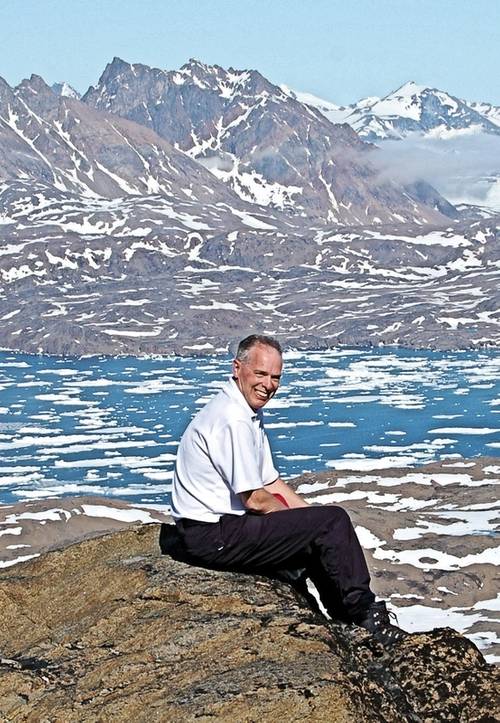
By Dr. Ralph Rayner, Professorial Research Fellow, London School of Economics, and the Oceanology Conference Chair
"50 Years From Now" was published in the Oceanology International 50th Anniversary Edition published by Marine Technology Reporter. Here we present insights from Dr. Ralph Rayner. (*Editor's Note: This was written prior to the COVID-19 pandemic)
The last fifty years have been dominated by technological innovation and development associated with the exploitation of the ocean’s living and non-living resources and the use of the ocean as a medium for transport. It has also seen enormous progress in our scientific and technological capacity to observe, measure and predict the ocean and the earth system of which it is a part.
Over this period, offshore oil and gas and, more recently, offshore wind, have become major industries, protein production from aquaculture has overtaken that from wild fisheries and global shipping volumes have increased by an order of magnitude. Numerous ocean observation satellites now circle the planet, observing everything from sea surface temperature and salinity, to wave heights and currents. A vast array of instrumentation is now in use to measure and monitor the oceans. Combined with satellite observations, these measurements have enabled an unprecedented understanding of how the ocean works and enabled predictions about its future.
Our observations, measurements and forecasts of the ocean, and of the environment more generally, are now telling us that we face an existential threat as we grapple with the impact of climate change and other human pressures on the environment upon which we all depend.
The next fifty years will be dominated by innovation and development of technologies to mitigate and adapt to these threats. Mitigation and adaptation to climate change impacts on the ocean and delivery of environmentally sustainable use of the ocean and its resources will be the predominant drivers of future ocean science and technology.
Innovation will be needed to support the complete decarbonization of the world’s energy and transport systems. The ocean technology sector will need to support a huge increase in the deployment of ocean renewable energy systems and especially offshore wind. As we step towards the full displacement of hydrocarbons, we will need to deliver the means for large scale carbon capture and storage as an interim measure to reduce emissions. Ocean based solutions will play a major part in this. For the maritime transport sector, there will be a need to support a full transition to green fuels and greater efficiency.
To meet the resource needs of this future we will probably need to exploit the mineral resources of the deep ocean. Doing so in an environmentally acceptable way will be another major driver of ocean science and technology of the coming half century.
To feed a growing population will necessitate further growth in aquaculture and a move of aquaculture systems into open ocean waters and this will also require new ideas and developments for its realisation.
We will need to find ways of helping the ocean to recover from the impacts that have already occurred. New scientific understanding and technological tools will be needed ranging from effective establishment and monitoring of very large scale marine protected areas to development of the means to restore damaged marine ecosystems such as coral reefs.
The ability to observe, monitor and predict the ocean will remain central to all of these endeavours. The next fifty years will see a further step change in the technologies that enable ubiquitous ocean monitoring providing the data and information needed to sustainably manage the ocean.
There is so much to do. It will largely be for the next generation of ocean scientists, engineers and technologists to rise to these challenges and deliver ‘the ocean we need for the future we want’.
- To read the full "Oi 50th Anniversary Edition" CLICK HERE:
- To register for the Oi Connect Virtual Conference, CLICK HERE:


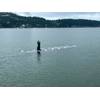
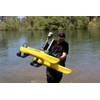
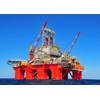
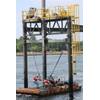
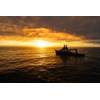






 December 2025
December 2025


